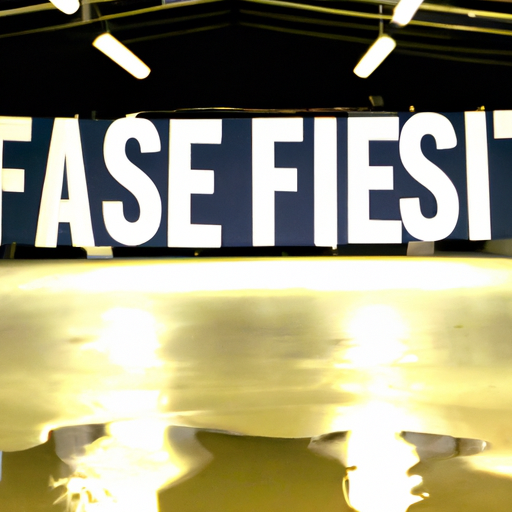In today’s digital age, it is easier than ever for deceit, propaganda, and misinformation to spread like wildfire. With the rise of social media platforms, YouTube, and other online sources, it is crucial for individuals to be aware of the risks associated with believing everything they see on the internet. This article will explore what deceit, propaganda, and misinformation are, the risks of believing things seen on YouTube and the internet, and how technology can be used for both good and bad purposes.
What is Deceit, Propaganda and Misinformation?
- Deceit refers to the act of intentionally misleading or deceiving someone, often for personal gain or to manipulate a situation. This can take many forms, such as lying, withholding information, or presenting false information as true.
- Propaganda is a form of communication that is used to influence the attitudes and opinions of a target audience, often for political or ideological purposes. It typically involves the use of biased or misleading information, emotional appeals, and other persuasive techniques.
- Misinformation is false or inaccurate information that is spread unintentionally. This can occur when people share information without verifying its accuracy, or when they misunderstand or misinterpret the information they receive.
Risks in Believing Things Seen on YouTube and the Internet
The internet, and particularly platforms like YouTube, have made it incredibly easy for deceit, propaganda, and misinformation to spread. Some of the risks associated with believing things seen on these platforms include:
- Manipulation of public opinion: Deceitful content and propaganda can be used to manipulate public opinion, often for political or ideological purposes. This can lead to the spread of harmful beliefs and ideologies, and can even influence the outcome of elections and other important decisions.
- Damage to personal relationships: Believing and sharing false information can lead to misunderstandings and conflicts within personal relationships, as well as damage to one’s reputation.
- Financial loss: Deceitful content can also lead to financial loss, as individuals may be tricked into investing in scams or making poor financial decisions based on false information.
- Physical harm: In some cases, misinformation can lead to physical harm, such as when individuals follow dangerous health advice or engage in risky behaviours based on false information.

Matthew 24: Take Heed That No One Deceives You
In the Bible, Matthew 24 warns of the dangers of deception, particularly in the end times. Jesus tells His disciples, “Take heed that no one deceives you” (Matthew 24:4), emphasising the importance of being vigilant against deceit and false information. This message is particularly relevant in today’s digital age, as the internet has made it easier than ever for deceit, propaganda, and misinformation to spread.
Technology Use for Good, Technology Use for Bad
While technology has undoubtedly brought many benefits to society, it has also been used for harmful purposes. Some examples of technology being used for good include:
- Improving communication and connectivity between people around the world
- Providing access to information and educational resources
- Advancements in healthcare and medical research
- Increasing efficiency and productivity in various industries
However, technology has also been used for bad purposes, such as:
- Spreading deceit, propaganda, and misinformation
- Facilitating cybercrime and identity theft
- Enabling online harassment and bullying
- Contributing to the erosion of privacy and personal data security
Black Hackers Love Deceit, Propaganda and Misinformation
Black hat hackers, or those who engage in malicious hacking activities for personal gain or to cause harm, often thrive on deceit, propaganda, and misinformation. These individuals may use these tactics to:
- Manipulate public opinion or create chaos
- Spread malware or gain unauthorized access to sensitive information
- Discredit or harass individuals or organizations
- Conduct financial scams or fraud
As such, it is crucial for individuals to be aware of the risks associated with deceit, propaganda, and misinformation, and to take steps to protect themselves and their information from these threats.
Conclusion
In conclusion, deceit, propaganda, and misinformation pose significant risks in today’s digital age. It is essential for individuals to be vigilant against these threats and to critically evaluate the information they encounter online. By doing so, we can help to promote a more informed and responsible digital landscape, and protect ourselves and our communities from the harmful effects of deceit, propaganda, and misinformation.




